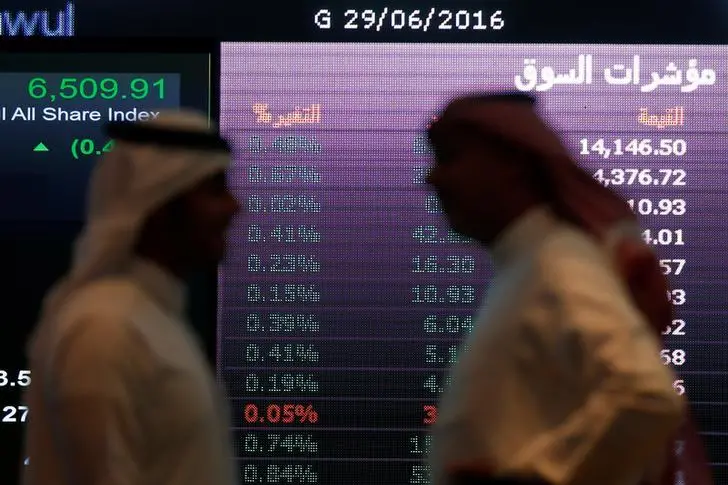PHOTO
15 August 2016
Saudi private sector firms must have their accounting departments ready to adopt electronic billing systems from the beginning of 2017, an official at the Ministry of Commerce and Investment told Saudi newspaper Al Eqtisadiah.
The mandate will be gradually enforced by the Department of Zakat and Income Taxes (DZIT) and comes ahead of the introduction of new taxes across the kingdom over the next two years.
"The transition to e-billing is a key decision that paves the way for imposing sales tax in the kingdom," Ahmed bin Abdullah Al Moghames, Secretary General, Saudi Organization for Certified Public Accountants (SOCPA) was quoted as saying by the paper.
Saudi Arabia plans to impose a 5 percent value-added tax as a part of a unified Gulf Cooperation Council agreement, which will take effect from the start of 2018.
Gulf Arab states, including Saudi Arabia, are also set to impose taxes on a range of commodities, including a 50 percent tax on soda drinks, a 100 percent tax on energy drinks and a higher rate of tax on tobacco products.
The new taxation initiatives are part of the Saudi government's aim to diversify its revenue streams while oil prices remain low.
(Writing by Nada Al Rifai)
© Zawya 2016
Saudi private sector firms must have their accounting departments ready to adopt electronic billing systems from the beginning of 2017, an official at the Ministry of Commerce and Investment told Saudi newspaper Al Eqtisadiah.
The mandate will be gradually enforced by the Department of Zakat and Income Taxes (DZIT) and comes ahead of the introduction of new taxes across the kingdom over the next two years.
"The transition to e-billing is a key decision that paves the way for imposing sales tax in the kingdom," Ahmed bin Abdullah Al Moghames, Secretary General, Saudi Organization for Certified Public Accountants (SOCPA) was quoted as saying by the paper.
Saudi Arabia plans to impose a 5 percent value-added tax as a part of a unified Gulf Cooperation Council agreement, which will take effect from the start of 2018.
Gulf Arab states, including Saudi Arabia, are also set to impose taxes on a range of commodities, including a 50 percent tax on soda drinks, a 100 percent tax on energy drinks and a higher rate of tax on tobacco products.
The new taxation initiatives are part of the Saudi government's aim to diversify its revenue streams while oil prices remain low.
(Writing by Nada Al Rifai)
© Zawya 2016





















